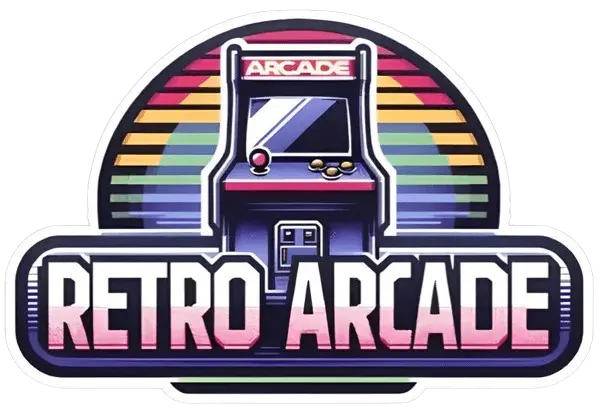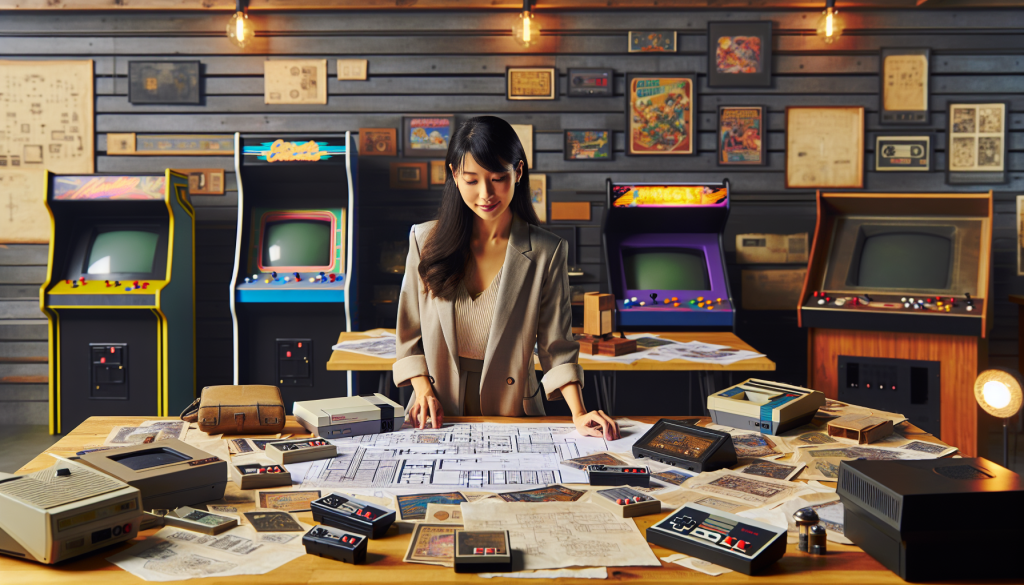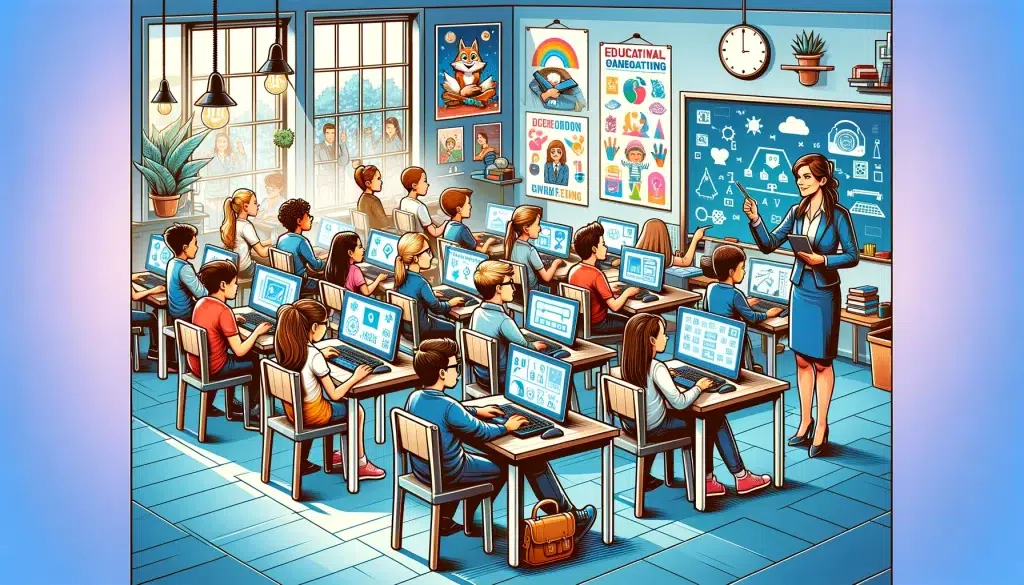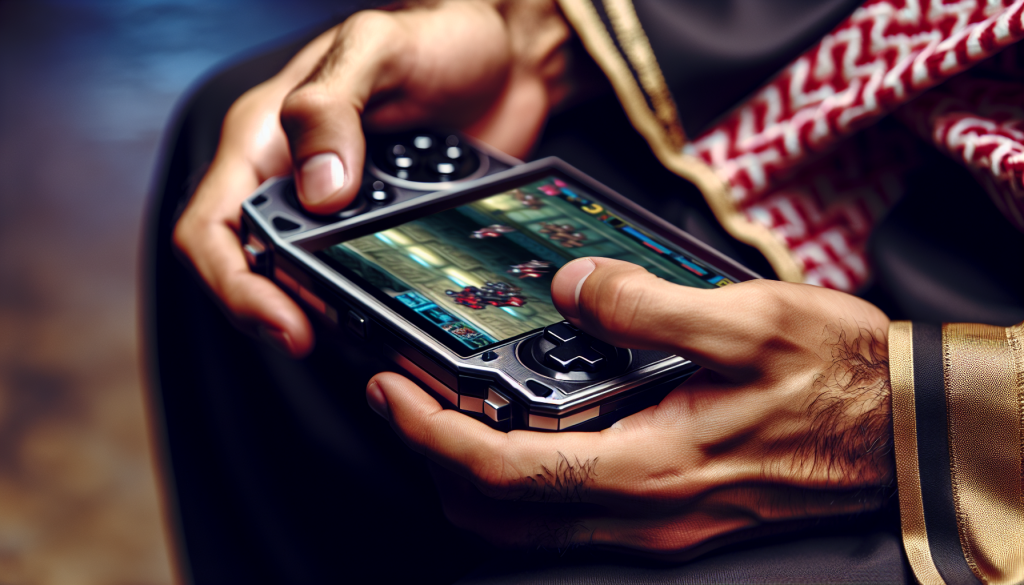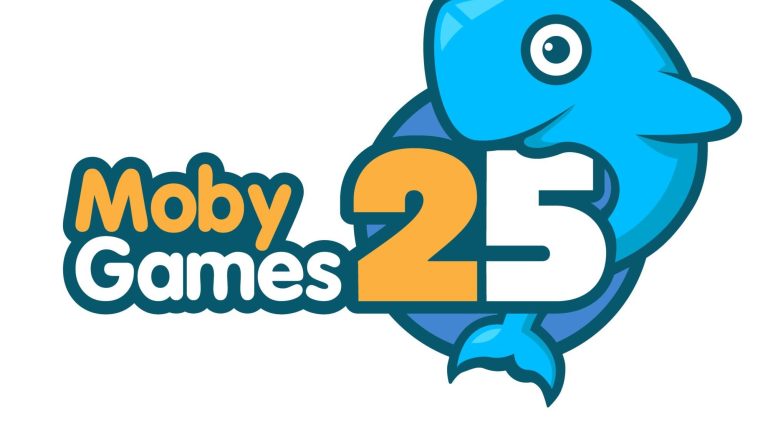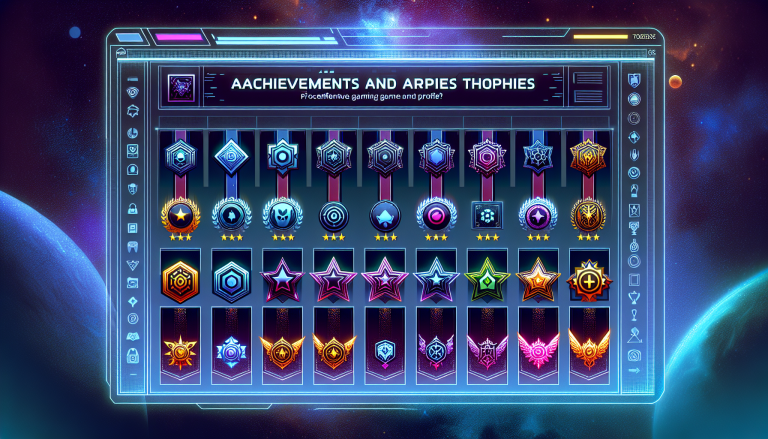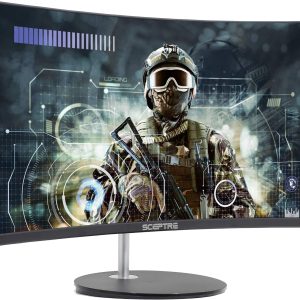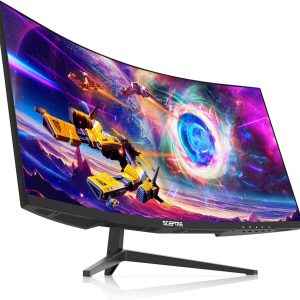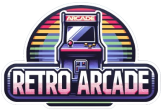The Importance of Digital Wellbeing in Gaming
Hey there, fellow gamers! Let’s talk about a topic that often gets overlooked but is incredibly important – digital wellbeing in gaming. We all love gaming and the endless worlds it allows us to explore, but it’s crucial to find a healthy balance to ensure our overall well-being. So, grab your controller and let’s dive into why digital wellbeing matters in the world of gaming!
Benefits of Taking a Break from Gaming
First things first, taking breaks from gaming can be incredibly beneficial for both our physical and mental health. While gaming can be a great way to relax and have fun, prolonged periods of gameplay without breaks can lead to negative effects.
Physically, sitting in the same position for extended periods of time can lead to poor posture, muscle stiffness, and even weight gain. Taking breaks allows us to stretch our muscles, get some exercise, and prevent these issues from occurring.
Mentally, gaming can be immersive and intense, which can lead to stress and exhaustion. Taking regular breaks allows our minds to recharge, reducing the risk of burnout and improving our overall cognitive function. It gives us an opportunity to engage in other activities, spend time with loved ones, or simply relax and clear our minds.
Additionally, stepping away from gaming allows us to gain perspective and maintain a healthy balance in our lives. It gives us the chance to explore other hobbies, pursue personal goals, and connect with the world around us. By taking breaks, we can ensure that gaming remains a positive and enjoyable part of our lives, rather than consuming all of our time and energy.
Challenges of Taking a Break from Gaming
We can all agree that taking breaks from gaming is important, but it’s not always easy to do. We often find ourselves engrossed in a game, wanting to reach the next level or complete a challenging quest. It can be difficult to tear ourselves away, especially if we’re playing with friends or invested in a captivating story.
Another challenge is the fear of missing out. With online multiplayer games and constant updates, there’s always something happening in the gaming community. Taking a break may make us feel like we’re falling behind or disconnecting from our gaming friends.
Finally, the addictive nature of gaming can make it challenging to moderate our gameplay. It’s important to be aware of our habits and set boundaries for ourselves. Finding the right balance between gaming and other aspects of our lives can be a struggle, but it’s essential for our overall well-being.
Strategies for Finding Balance in Gaming
Now that we understand the importance of digital wellbeing in gaming and the challenges that come with taking breaks, let’s explore some strategies for finding balance:
- Set specific time limits for gaming and stick to them.
- Take regular breaks during gameplay to stretch, hydrate, and rest your eyes.
- Engage in physical activities or other hobbies outside of gaming.
- Connect with friends and family in real life, maintaining a healthy social life.
- Explore single-player games or offline activities that allow you to enjoy gaming in a more controlled manner.
- Utilize parental controls or gaming apps that remind you to take breaks.
Remember, finding balance is a personal journey, and what works for one person may not work for another. Listen to your body and mind, and make adjustments to your gaming habits as needed. The key is to prioritize your overall well-being while still enjoying the incredible world of gaming!
Benefits of Taking a Break from Gaming
Taking a break from gaming might seem counterintuitive, especially if you’re an avid gamer who enjoys spending hours immersed in virtual worlds. However, it is essential to recognize the importance of stepping away from the screen and giving yourself a much-needed break. In this article, we’ll explore some of the benefits of taking a break from gaming and how it can positively impact your overall well-being. 1. **Physical Health:** Spending excessive amounts of time playing video games can lead to a sedentary lifestyle, which can have adverse effects on your physical health. Taking a break from gaming allows you to engage in physical activities, such as exercise or outdoor games, which are crucial for maintaining a healthy body. Regular physical activity not only improves your cardiovascular health but also enhances your overall mood and energy levels. 2. **Mental Clarity:** Gaming can be mentally stimulating, but it can also be mentally exhausting. Taking breaks from gaming gives your brain a chance to rest and recharge. It allows you to clear your mind, reduce mental fatigue, and improve your cognitive abilities. Studies have shown that taking regular breaks from mentally demanding tasks can enhance concentration and productivity when you return to them. 3. **Improved Sleep:** Gaming late into the night can disrupt your sleep patterns, making it difficult for you to get a good night’s rest. The blue light emitted from screens can interfere with the production of melatonin, a hormone that regulates sleep. By taking a break from gaming, especially in the evening, you give your body a chance to wind down and establish a healthier sleep routine, leading to improved quality of sleep. 4. **Enhanced Social Connections:** While gaming can provide opportunities for social interaction, it is essential to balance virtual connections with real-life relationships. Taking a break from gaming allows you to invest time and energy in nurturing your relationships with family and friends. Engaging in face-to-face interactions and participating in social activities can have a positive impact on your mental health and overall well-being. 5. **Personal Growth:** Stepping away from the gaming world gives you the opportunity to explore other interests and hobbies. It allows you to expand your horizons, learn new skills, and discover hidden talents. By diversifying your activities, you open yourself up to personal growth and self-discovery, which can lead to increased confidence and a sense of fulfillment. 6. **Improved Time Management:** Gaming can be addictive, and it’s easy to lose track of time when you’re engrossed in a game. Taking a break helps you develop better time management skills and allows you to allocate your time more effectively. It enables you to prioritize your responsibilities, such as work, studies, and personal commitments, without neglecting your gaming passion. While taking a break from gaming offers numerous benefits, it’s important to acknowledge the challenges that may arise during this process. It can be difficult to resist the temptation to play, especially if gaming has become a significant part of your routine. However, with the right strategies and mindset, finding balance in gaming is achievable. It’s important to set realistic goals and create a schedule that includes dedicated gaming breaks. Additionally, finding alternative activities that provide similar stimulation, such as reading, exercising, or pursuing creative outlets, can help fill the void left by gaming. Remember, taking a break from gaming doesn’t mean giving up your passion entirely. It’s about finding a healthy balance and ensuring that gaming enhances your life rather than consuming it entirely. So, take that break, explore new horizons, and return to gaming refreshed and ready to enjoy the virtual worlds that you love.Challenges of Taking a Break from Gaming
While taking a break from gaming can have numerous benefits for our overall well-being, it is not always an easy task. There are several challenges that individuals may face when attempting to step away from their favorite video games. Let’s explore some of these challenges:
- Temptation: One of the biggest challenges of taking a break from gaming is the temptation to indulge in it again. Video games can be highly addictive and it can be difficult to resist the urge to immerse ourselves in that virtual world, especially when we’re bored or stressed. It’s important to recognize this temptation and find healthy alternatives to occupy our time.
- Fear of Missing Out (FOMO): Another challenge is the fear of missing out on the fun and excitement that others may be experiencing in the gaming community. When we see our friends or online peers enjoying a game and sharing their experiences, it can make us feel left out. However, it’s important to remember that there will always be new games and opportunities to join in the fun later. Taking a break doesn’t mean missing out forever; it’s just a temporary step back.
- Peer Pressure: Peer pressure can also be a significant challenge when trying to take a break from gaming. Our social circles may consist of avid gamers who may not understand or support our decision to step away. They may try to convince us to keep playing or make us feel guilty for not joining in. It’s crucial to communicate our intentions and boundaries with our friends and ask for their understanding and support.
- Feeling of Loss: For some individuals, gaming may serve as a form of escapism or a way to cope with stress or difficult emotions. Taking a break from gaming can leave us feeling empty or lost, especially if we haven’t found alternative activities or hobbies to fill that void. It’s important to explore other interests and engage in activities that bring us joy and fulfillment.
- Withdrawal Symptoms: Similar to any addiction, taking a break from gaming can result in withdrawal symptoms like irritability, restlessness, or cravings. These symptoms can be challenging to manage, but they are temporary and will subside over time. It can be helpful to seek support from friends, family, or even professional counselors who can provide guidance and encouragement during this transition.
Overcoming these challenges may require patience, determination, and support from loved ones. It’s important to remember that taking a break from gaming is not about abandoning it entirely, but rather finding a healthier balance that allows us to prioritize our well-being. By facing these challenges head-on and implementing strategies to address them, we can create a more balanced and fulfilling gaming experience.
